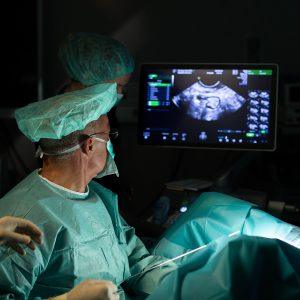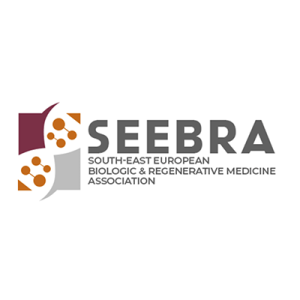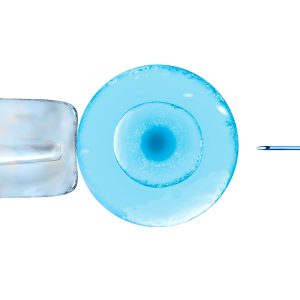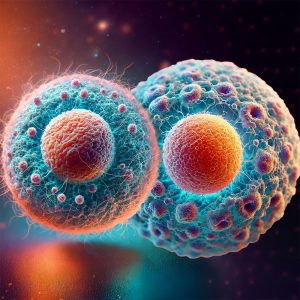Published in International Journal of Fertility and Sterility
Abstract
Background:
Premature ovarian failure (POF) can be found in 1% of women at the age of 35-40, mostly due to unknown causes. PI3K-Akt signaling is associated with both ovarian function and growth of primordial follicles. In this study, we examined the effects of autologous in vitro ovarian activation with stem cells and autologous growth factors on reproductive and endocrine function in patients with ovarian impairment.
Materials and Methods:
The longitudinal prospective observational study included 50 patients (between 30 and 50 years) with a diagnosis of POF and infertility. This multicenter study was performed at Jevremova Special Hospital in Belgrade, Saint James Hospital (Malta), and Remedica Skoplje Hospital, between 2015 and 2018. All patients went through numerous laboratory testings, including hormonal status. The autologous bone marrow mesenchymal stem cells (BMSCs) and growth factors were used in combination for activation of ovarian tissue before its re-transplantation. The software package SPSS 20.0 was used for statistical analysis of the results.
Results:
Differences in follicle stimulating hormone (FSH), luteinizing hormone (LH), estradiol (E2), and progesterone (PG) hormone concentrations before and after 3, 6, and 12 months post-transplantation were tested in correlation with the volume of transplanted ovarian tissue. A significant correlation (P=0.029) was found between the change in E2 level after 3 months and the volume of re-transplanted tissues. Also after re-transplantation, 64% of the patients had follicles resulting in aspiration of oocytes in 25% of positive women with follicles.
Conclusion:
The SEGOVA method could potentially solve many human reproductive problems in the future due to the large number of patients diagnosed with POF, as well as the possibility of delaying menopause, thus improving the quality of life and general health (Registration number: NCT04009473).
Read more at https://www.ncbi.nlm.nih.gov/pmc/articles/PMC8233920/






